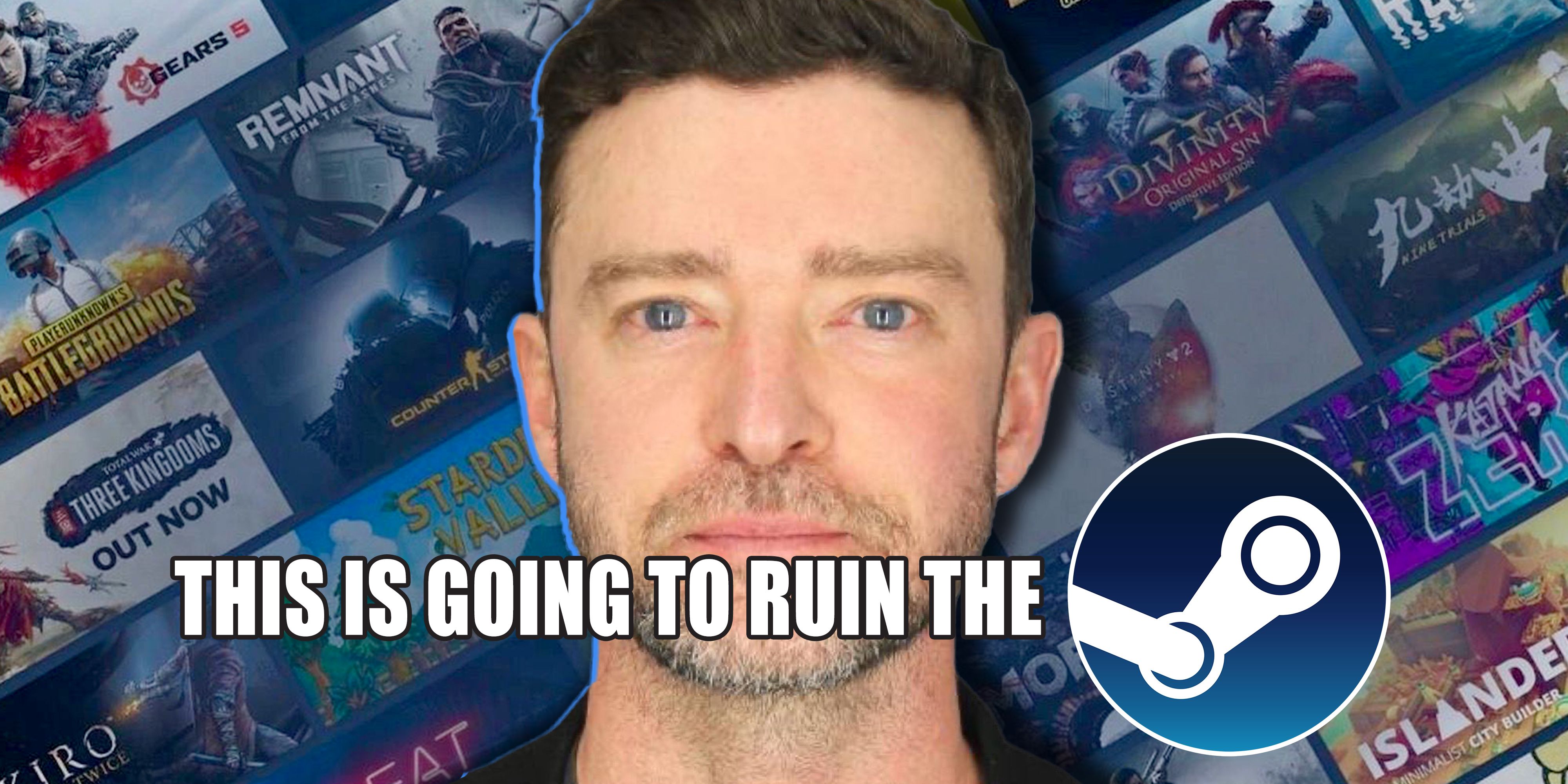
For most of the time I've played games on PC, Steam has been a rock solid application. I'm not one of those PC console warriors who has a hate-on for the Epic Games Store — because, hey, free games — but Valve's product has undeniably always been more comprehensive and smoother to use. It starts up quickly, runs speedily once it's open, and generally does the things I need a game launcher to do. What else do you want?
But that hasn't been the case lately. Steam’s performance has gotten noticeably worse, especially when I use my gaming laptop. It’s strange because, as far as I can tell, nothing on my side has changed.
Steam Dominates The PC Scene, So What Happens If It Doesn't Work?
Here's an example from today. I opened Steam, and it automatically pulled up my library. I clicked Store, and it opened the store page I had been looking at last time I had the Store open. So, I clicked Store again (you know, to actually look at the Store) and it glitched out and crashed. Once I opened it back up, it ran fine, but I've been consistently encountering at least one crash like this every time I use the application.
In the grand scheme of things, this bug isn't a big deal. My Steam games are still running just fine, and the app tends to work okay once I open it a second time. But a big reason Steam has been able to secure a virtual monopoly in PC gaming is because it just works. If you want to play a PC game, 99 times out of 100, it's available there, and often at a steeply discounted price. You open the app, buy the game, easily track its download progress, then play the game when it’s done. Everything runs smoothly. Everything is simple. And, as the Epic Game Store haters often emphasize, Steam centralizes all of your PC games, and gives you one convenient place where you can manage your online friendships.
RelatedSteam Recommendations Are The Best Part Of PC Gaming
Steam's recommendations always feel a bit more curated.
PostsThere are obviously other ways to play PC games. My catalog is spread across Steam, GOG, Epic, Xbox, itch.io, Ubisoft Connect, Battle.net, Rockstar Games Launcher and, until it shut down in 2022, Bethesda.net. There may be others that I'm forgetting, too. But the vast majority of PC games are mediated through Steam. If 99 percent of new PC games are available on Steam, the percentages for GOG or Itch or Epic have to be closer to 25 percent at best.
Steam Is Convenient, But Nearly Unavoidable
That centrality makes Steam's place in the PC ecosystem a double-edged sword. Steam being the only real option on this platform, especially if you want to play multiplayer games with friends, makes it the most convenient option. But it also makes the stakes a little higher if something goes wrong. If the issue I was having with Steam was more serious — say, if I couldn't reliably get it to boot properly the second time — then I would be out of luck. If I wanted to buy a new PC game, I just might not be able to. If I needed to redeem a code for work, because the default platform for PC codes is Steam, maybe I simply couldn't. Or, imagine that janky crash bug extended beyond the launcher, hampering my ability to open the games. I guess I just wouldn't be able to play them.
via ValveNone of those things are happening, but it isn't too hard for me to imagine this kind of issue because my PS5 was recently plagued by a crash issue that was just as disruptive. When the bug started, it only affected Marvel's Spider-Man 2, but it made my PS5 shut off mid-game about once an hour. Eventually, it began affecting all of my PS5 games, which made it difficult to make progress in a game I was reviewing for work. I wasn't into any multiplayer games at that time, but if I had been, it would have disrupted at least one session an hour. It was a major pain in the ass and I was, thankfully, able to get it fixed by sending my console back to Sony.
I value the console experience for its ease of use. If a game is available on consoles, it will typically run without fail on every console. As someone who gets easily frustrated by tech troubleshooting, I appreciate that. But the advantage PC gaming has over consoles is its flexibility. You have options for which PC you buy, which parts you use to build it, which mods you install, how high you tune the graphical quality, even how to remap your controls. At its core, it's a customizable experience. That makes it all the more frustrating that there's really only one platform in town for where you buy the games you're going to use that PC to play.
NextMy Steam Deck Has Turned Into A Phoenix Wright Machine
Capcom's lawyer-em-up comes to life on Valve's handheld.
Posts












